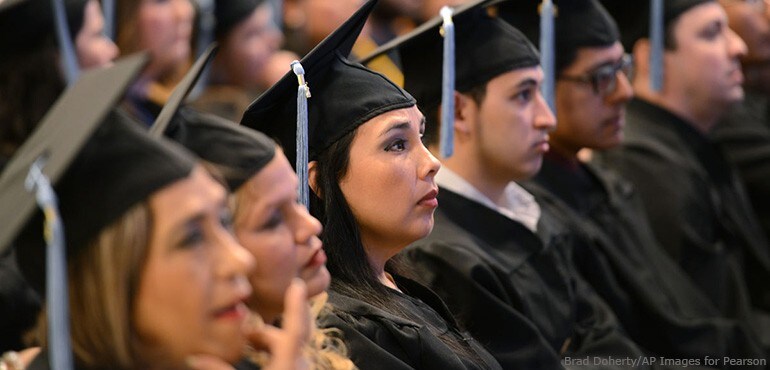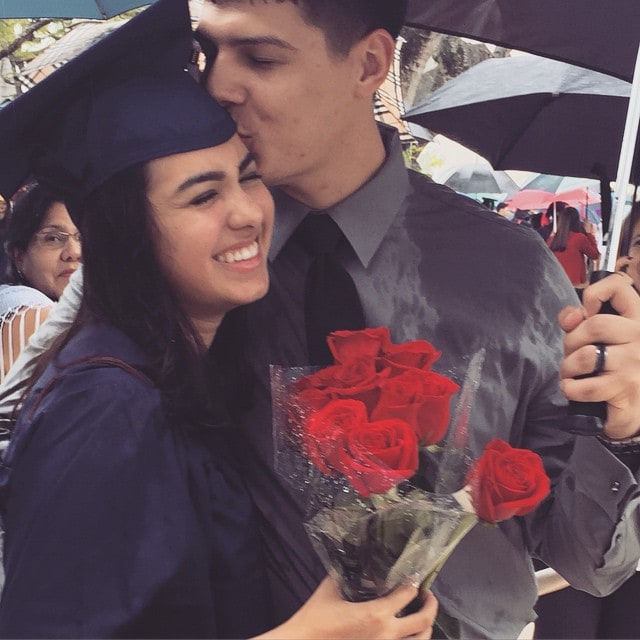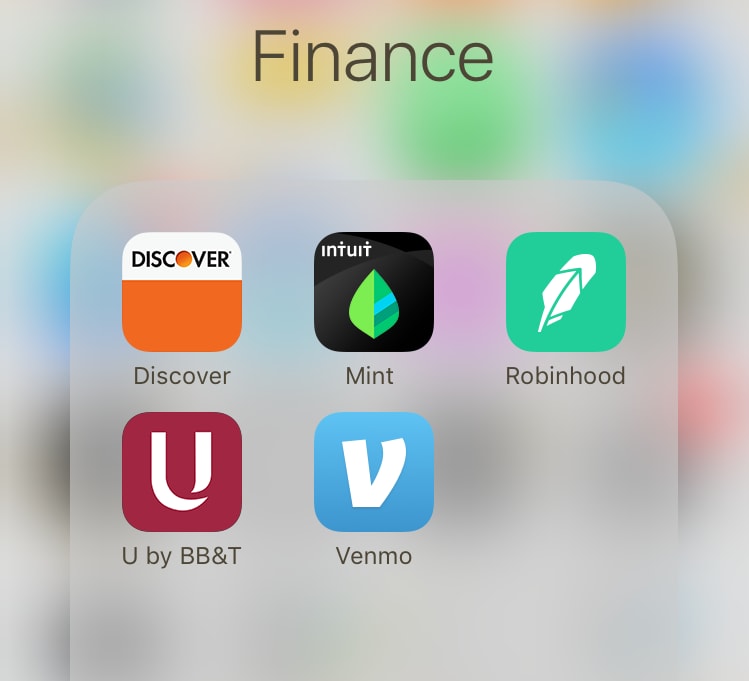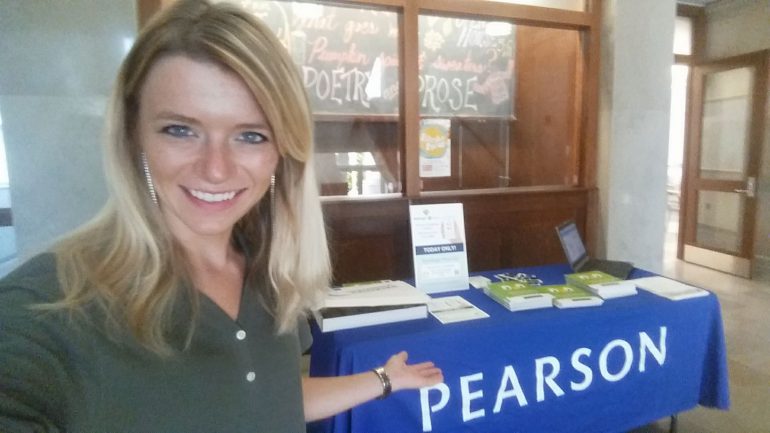
Graduation Goals: Finishing Your Academic Journey Stress Free
As the academic journey winds to a close, some students experience anxiety at the idea of the unknown. Like a runner closing in on the last lap of a marathon, it is time to appreciate the work you have finished and propel to the finish line. However, as the graduate coordinates graduation celebrat...







